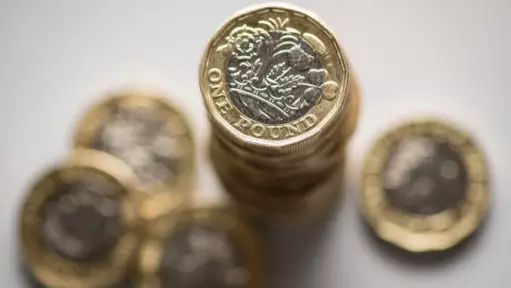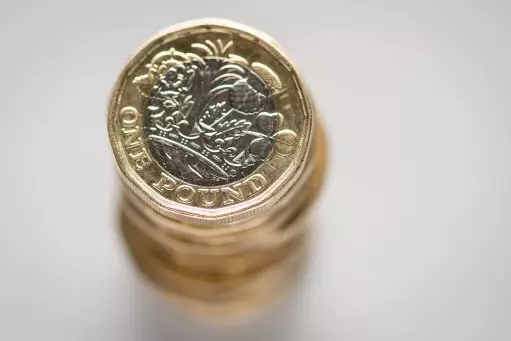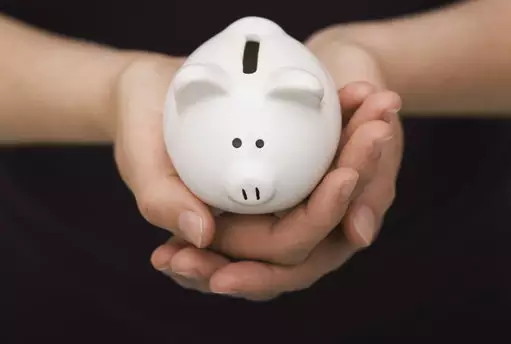
If you're not on a money-saving journey for 2020 then you're probably in the minority (someone's doing well and all that malarkey) so if you want to find out how to save nearly 1,500 in 12 months then we've got it covered.
It's simple and it'll leave you with a cool £1,428 if you start it today (3 January) and end it on 25 December. Just think of what you could spend it on, the possibilities would be endless - well, for what £1,428 could get you anyway.

The money challenge involves saving £1 today (Friday), £2 on Saturday, £3 on Sunday and so on until the seventh day (in this case Thursday) where you would be saving £7. Then you would start all over again on Friday with £1 and it carries on like that. Simple.
Advert
You might be thinking that saving £7 in one day is a bit of a stretch especially taking into account the fact that we're in January - the month that never ends but it's really just the price of two coffees or a couple of pints. Maybe it'll encourage you to cook something for your lunch instead of going out and buying food each day.
You could save the money in a jar or set up a separate bank account because not many people tend to carry cash (especially so many pound coins) around with them these days.

If this seems like a bit too much for your bank balance, or maybe you want to book a holiday at the same time as saving, then why not try the 1p challenge.
Advert
It's not as intense as saving £28 a week but it could build up a nice little pot of around £650.
The premise really is pretty simple, as you just put away a penny on the first day and then each day after add an extra penny to the amount you put aside.
So, on the first day (in this case, 3 January), you start with 1p. The next day you put aside 2p, and the day after that 3p.
Keep on going until day 100, which is when you get onto the heavy duty numbers by putting in £1. Continue on day 101 with £1.01, and so forth. By the end of it you should be left with a not too shabby £667.92.
Advert
If you don't want to be forking out over £3 a day in the final few weeks with Christmas re-approaching then why not work backwards?
Featured Image Credit: PA